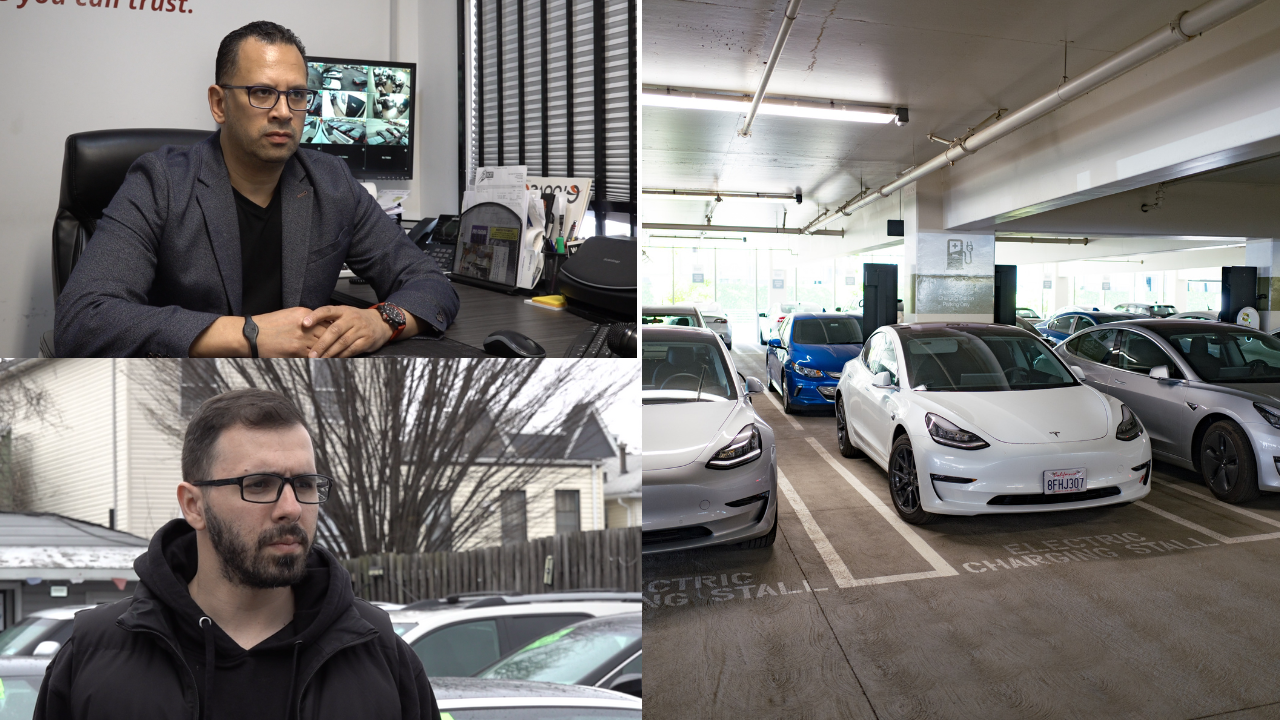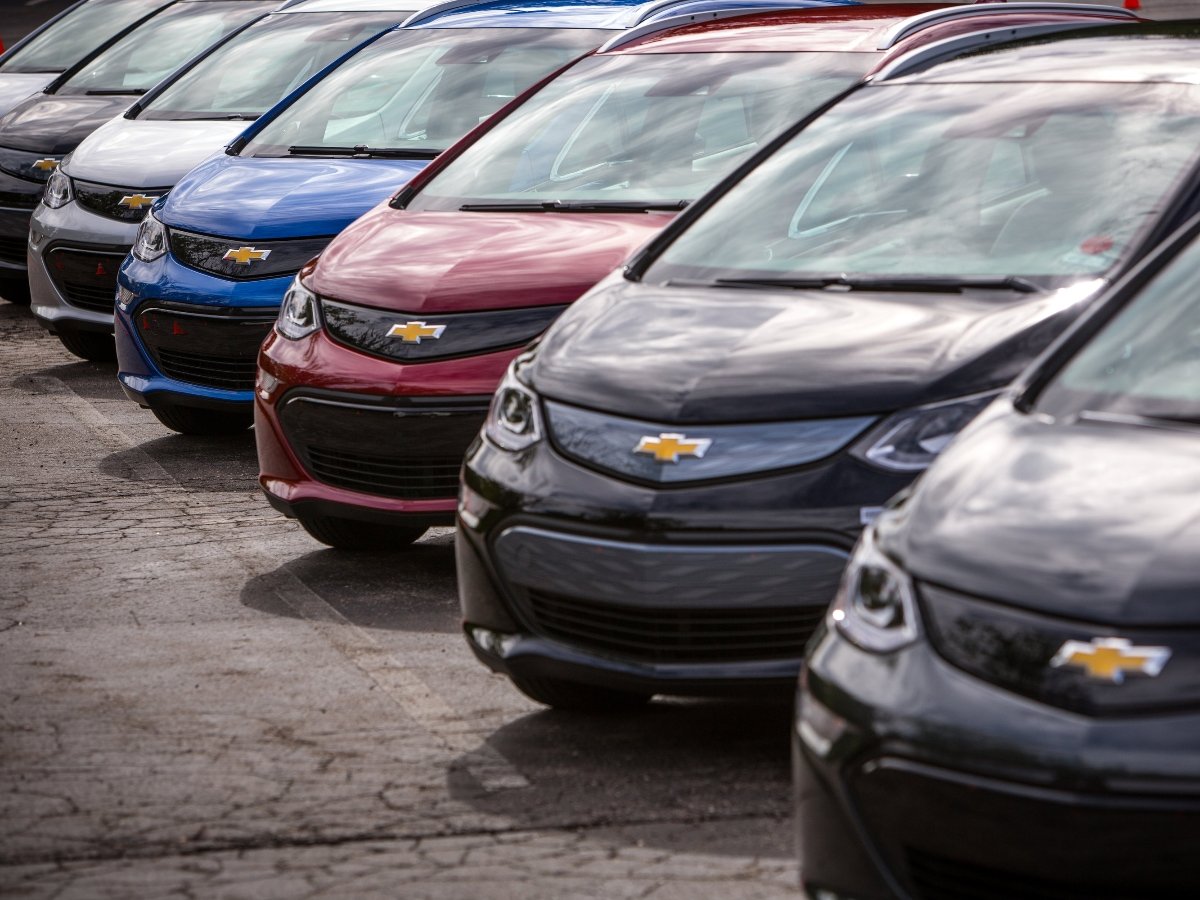"Cummings said companies and the U.S. government are trying to push EVs with positive momentum and as a, "good gesture" to benefit the environment. However, he feels the current approach is "too aggressive" and "too fast."

 www.foxbusiness.com
www.foxbusiness.com

Car dealers throw cold water on electric vehicles versus gas options: ‘I wouldn’t feel safe’
Car dealers have said that they are not yet convinced that electric vehicles should be the only car in the house as the Biden administration pushes forward.

